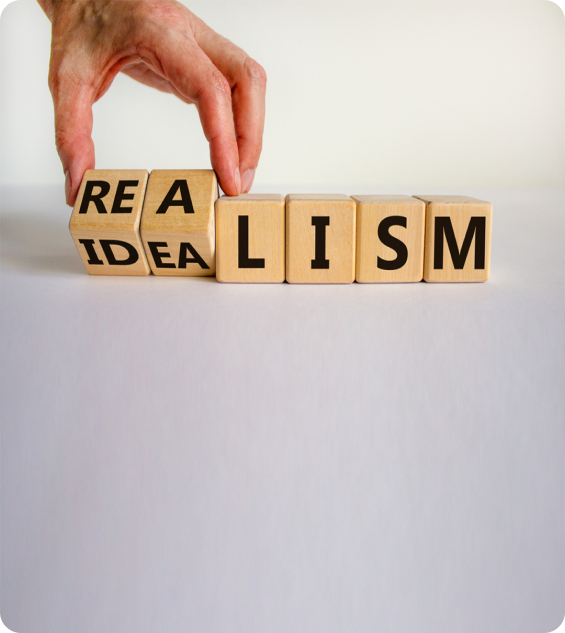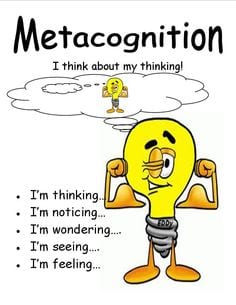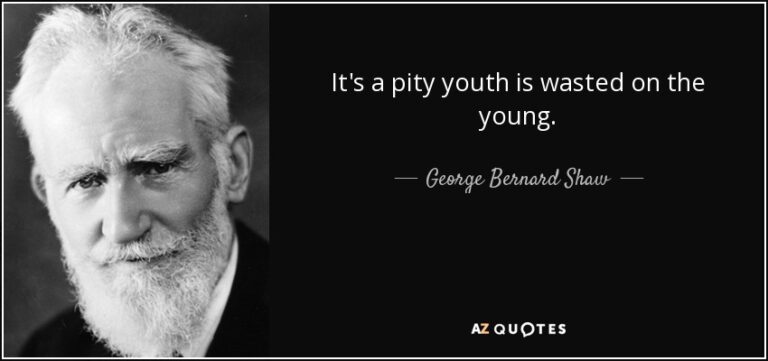“The Wisdom of Balancing Pragmatism and Idealism: Harmonizing Vision and Reality”




“Meta-awareness is the art of seeing our own minds clearly, turning self-reflection into a beacon that guides us through the complexities of thought and life.” Introduction Meta-awareness, or metacognition, is a multifaceted concept encompassing the awareness and understanding of one’s…

“Existentialism invites us to confront life’s uncertainties with courage, shape our own meaning amidst chaos, and embrace the profound freedom to define our existence authentically.” Introduction Existentialism stands as a philosophical movement that profoundly explores the nature of human existence,…

“Attention is the silent sculptor of our lives, shaping our reality with each moment of focus; it is our most limited and precious resource, deserving of our deepest respect and intentional care.” Introduction In an era characterized by relentless information…

“Productivity is highly personal; it thrives when you align your work with your unique rhythms, values, and aspirations.” Introduction Productivity is a term often defined by metrics and benchmarks, standardized across various industries and roles. However, beneath the surface of…

“Life’s irony: youth holds the energy but lacks the wisdom, while age possesses the wisdom but misses the vitality.” Introduction The adage “Youth is wasted on the young, and experience on the old” poignantly captures the irony of human existence.…

“The geography of mind is a vast and varied landscape, where thoughts and emotions flow like rivers, and ideas bloom like flowers in a meadow. Explore its depths, traverse its peaks, and discover the wonders that lie within.” Introduction The…

“Identity is a tapestry woven from the threads of our genetics, experiences, culture, and choices, continually evolving as we navigate the journey of life.” Introduction Identity is a profound and complex concept that encompasses various dimensions of human existence. It…

“Practical ethics is not just about knowing what is right; it’s about having the courage to do what is right, even when the path is unclear.” Introduction Practical ethics is a multifaceted field that addresses the application of moral principles…


“The illusion of rationality masks the depth of human behavior, revealing a complex interplay of biases, emotions, and social influences. Only by peering into these depths can we begin to understand the true nature of our decisions.” Introduction: Human beings…